Christianity is one of the oldest religions in the world. Even though it started in Jerusalem, it found its most robust foothold in the European continent. Through this continent, this religion has multiplied over the world.
Over the year, Christianity divided into different branches. Catholic and Protestantism are the two main branches of Christianity. However, Protestantism is also divided into other units. Lutheran and Methodist are the two main branches of Protestantism.
On the surface, these sects look the same, and they love and cherish Christ. For this reason, many people think they are in the same group. However, the reality is quite the opposite.
Key Takeaways
- Lutheranism originated in Germany in the 16th century and is based on the teachings of Martin Luther.
- Methodism emerged in the 18th century in England, founded by John Wesley, as a reaction to what he perceived as a lack of personal holiness in the Church of England.
- Lutheran theology emphasizes salvation through faith alone, whereas Methodism emphasizes faith combined with good works.
Lutheran vs Methodist
Lutheranism originated from Martin Luther’s teachings, which emphasize the doctrine of justification by faith alone and the authority of the Bible and sacraments of baptism and communion. Methodism emphasizes faith in Jesus Christ, good works, social justice, personal holiness, and spiritual growth.
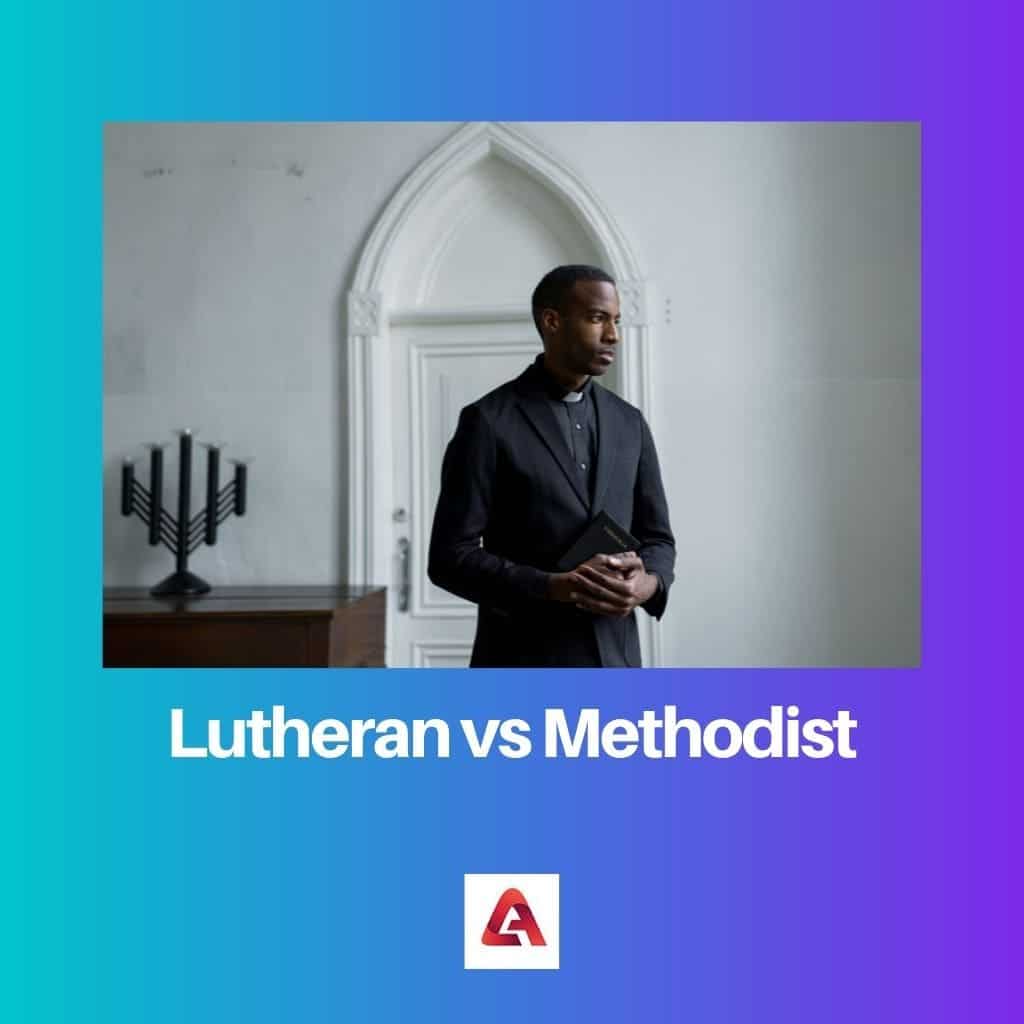
Comparison Table
| Parameters of Comparison | Lutheran | Methodist |
|---|---|---|
| What is it | Lutherans are the followers of one of the largest branches of Christianity that follow Protestantism, and they pursue 16th-century German religious reformer Martin Luther’s teachings. | Methodist is a brunch of Christianity that follow Protestantism, and they follow the doctrine and teachings of John Wesley. |
| Leader | Martin Luther | John Wesley, Charles Wesley, and George Whitefield |
| Started | 1512, In Germany. | 1932, in the United Kingdom |
| Follower | Over 74 million people | Over 40 million people |
| Holy book | Bible and other holy texts | Only Bible |
| Important rituals | Confession, Baptism, Eucharist, Lutheran hymn, etc. | Holy Communion and Holy Baptism |
Who is Lutheran?
Lutherans are the followers of one of the largest branches of Christianity that follow Protestantism, and they pursue 16th-century German religious reformer Martin Luther’s teachings. *
The term Lutheran derives from Martin Luther, which appeared in 1519 by the opponent of Martin Luther.
Lutheranism started in 1512 when the edicts of the Diet officially banned Martin Luther from propagating his idea. After the Baptist churches, Lutheranism is considered one of Protestant believers’ second most significant segments.
According to an estimate, around 74 million people follow Lutheran churches. In a few countries, Lutheranism is considered a state religion. These countries are Greenland, Iceland, the Faroe Islands, and Denmark.
Lutherans believe that besides Jesus Christ, no one can become holy. A person can only get holiness once he reaches heaven with regular rituals.
Lutherans believe in two natures of Christ. They think he was the only holy person in the world and represented humans and god simultaneously.
Along with Bible, Lutherans also accept several other authoritative religious texts. For Lutherans, important rituals are Confession, Baptism, Eucharist, Lutheran hymn, etc.
The Lutheran church emphasizes long-lasting ceremonies, where the regular congregation is a part of rituals.
| # | Preview | Product | |
|---|---|---|---|
| 1 |
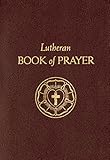
| The Lutheran Book Of Prayer | Check Price on Amazon |
| 2 |

| Lutheran Service Book | Check Price on Amazon |
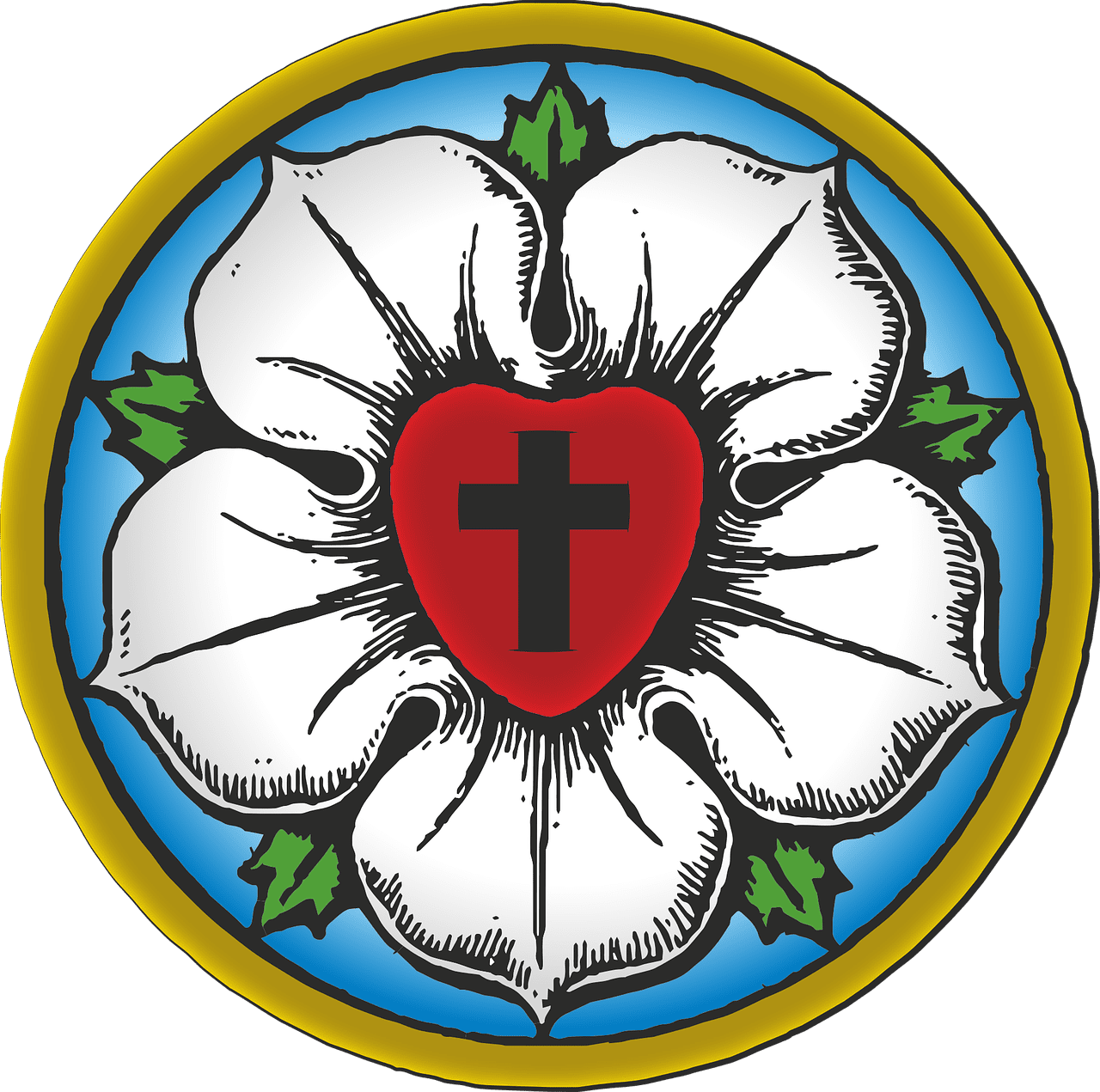
Who is Methodist?
Methodist is a brunch of Christianity that follows Protestantism, and they follow the doctrine and teachings of John Wesley. In the United Kingdom, the Methodism movement started 1932.
Early leaders of Methodist movements were George Whitefield, John Wesley and his brother Charles Wesley. According to an estimate, over 40 million people worldwide consider themself Methodist.
The Methodist church gives rituals and regular congregations less importance. Instead, they believe more in doing good work to make God happy.
According to belief, virtuous acts and good deeds open the door of heaven for everyone. They proclaim that Christ is present around us and God overlooks all the activities.
Methodists only consider the Bible their holy book, and they do not accept the authority of other religious texts. For a Methodist, important rituals are Holy Communion and Holy Baptism.
Even though other rituals are also performed, like Ordination, Confirmation, Holy Matrimony, Funerals, etc., they are not considered sacraments.
All Methodist churches are part of the international World Methodist Council. Instead of following universal juridical authority, it is more like independent denominations of every church.
| # | Preview | Product | |
|---|---|---|---|
| 1 |

| Three Simple Rules: A Wesleyan Way of Living | Check Price on Amazon |
| 2 |

| The Methodist Book of Daily Prayer | Check Price on Amazon |
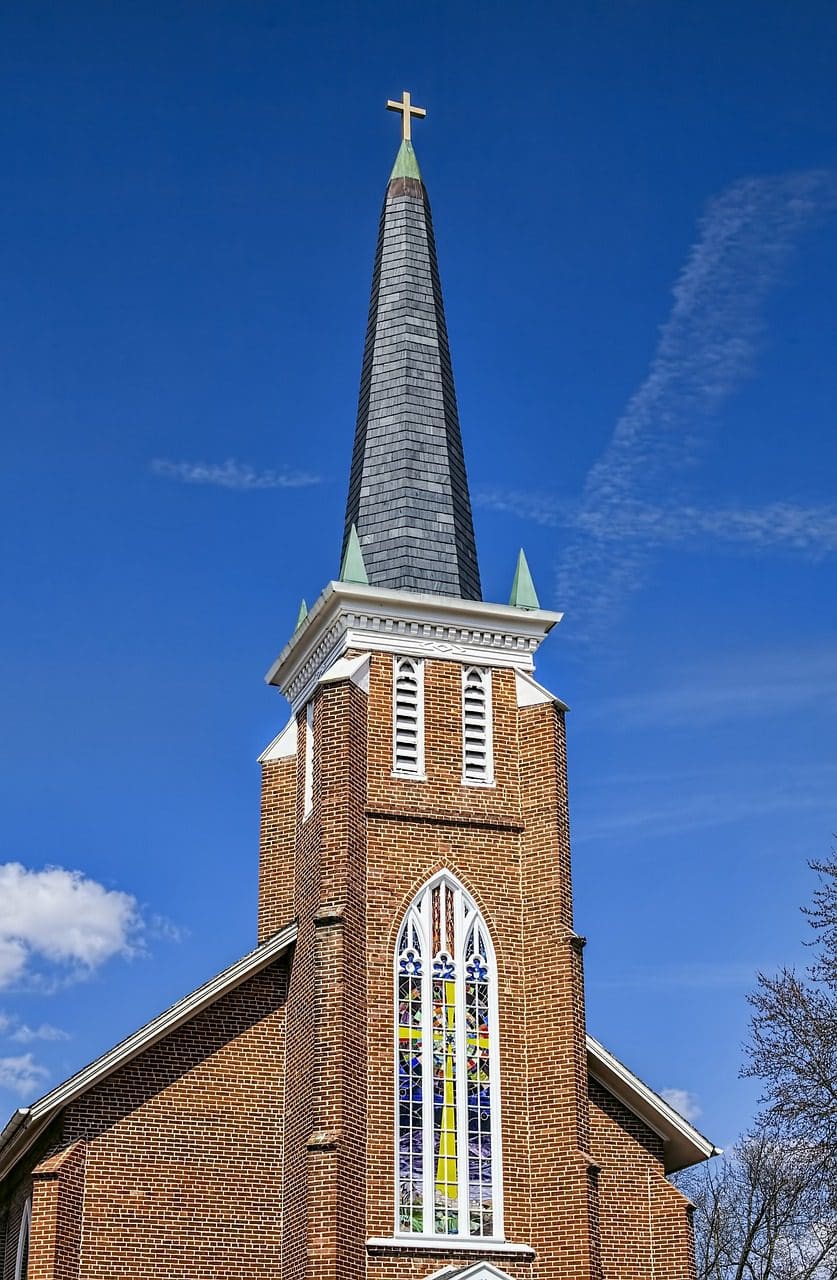
Main Differences Between Lutheran and Methodist
- Lutherans are the followers of one of the largest branches of Christianity that follow Protestantism, and they pursue 16th-century German religious reformer Martin Luther’s teachings. On the other hand, Methodist is a brunch of Christianity that follows Protestantism, and they follow the doctrine and instructions of John Wesley.
- The leader of the Lutheran movement was Martin Luther, while the leaders of the Methodist movement were John Wesley, Charles Wesley, and George Whitefield.
- The foundation of Lutheranism was started in Germany in the year 1512. However, the foundation of the Methodist branch of Christianity began in the United Kingdom in 1932.
- Currently, over 74 million people follow the Lutheran branch of Christianity. But only 40 million people follow the Methodist branch of Christianity.
- The Lutheran sect believes Bible and other Christian text has religious authority and are considered holy books. However, the Methodist thinks that the Bible is the only holy book.
- Important rituals for a Lutheran follower are Confession, Baptism, Eucharist, and Lutheran hymn. On the other hand, for a Methodist believer, there are only two essential rituals. These are Holy Communion and Holy Baptism.
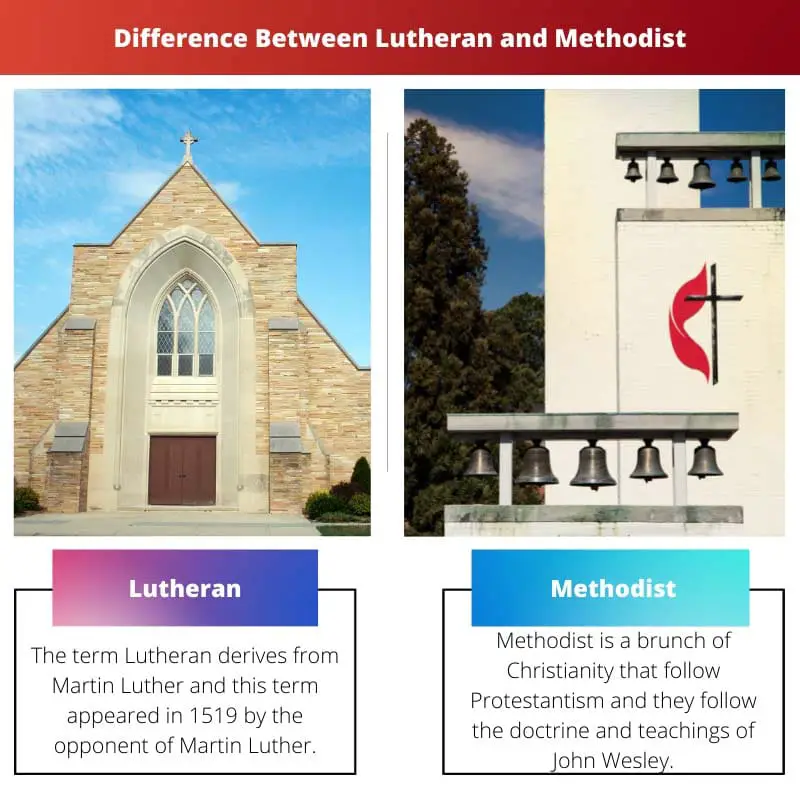

The article successfully outlines the significant differences in religious practices, emphasizing the essence of faith and works in Lutheran and Methodist traditions.
The article eloquently delineates the core differences between Lutheran and Methodist beliefs, elucidating the unique theological perspectives and traditions that characterize each denomination.
While the comparison between Lutheran and Methodist beliefs is informative, it’s essential to recognize the complexities within each denomination and appreciate the diversity of perspectives within Christianity.
The meticulous analysis of Lutheranism and Methodism provides valuable insights into the theological nuances and historical developments of these two prominent branches of Protestantism.
This comprehensive comparison of Lutheran and Methodist doctrines enriches the discourse on Christian theology, unraveling the distinct theological frameworks and practices of these two influential branches of Christianity.
The article offers a comprehensive comparison of Lutheranism and Methodism, shedding light on their historical, doctrinal, and ritual distinctions, thereby enriching one’s knowledge of Christianity.
It’s intriguing to learn about the historical origins and theological distinctions between Lutheranism and Methodism. The clear contrast in their emphasis on salvation and faith is thought-provoking.
This article provides a comprehensive and well-detailed comparison of Lutheran and Methodist beliefs and practices, shedding light on the key differences between the two branches of Christianity.
As a student of theology, I appreciate the analytical approach to comparing Lutheran and Methodist beliefs. The information presented allows for a deeper understanding of their theological foundations.
The thought-provoking contrast between Lutheran and Methodist beliefs underscores the intricate theological diversity within Christianity, fostering a deeper understanding of the religious landscape.